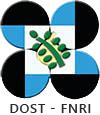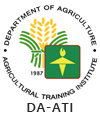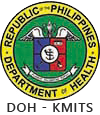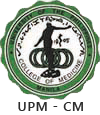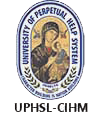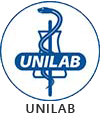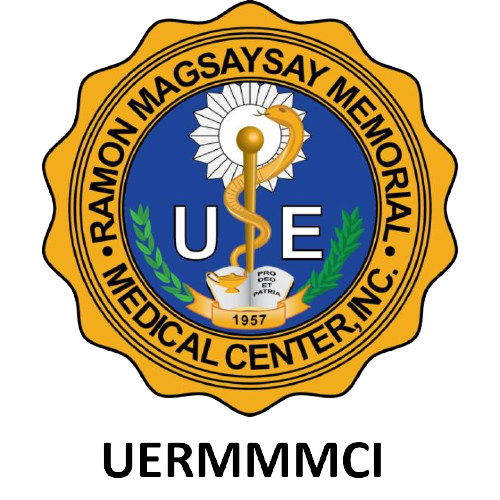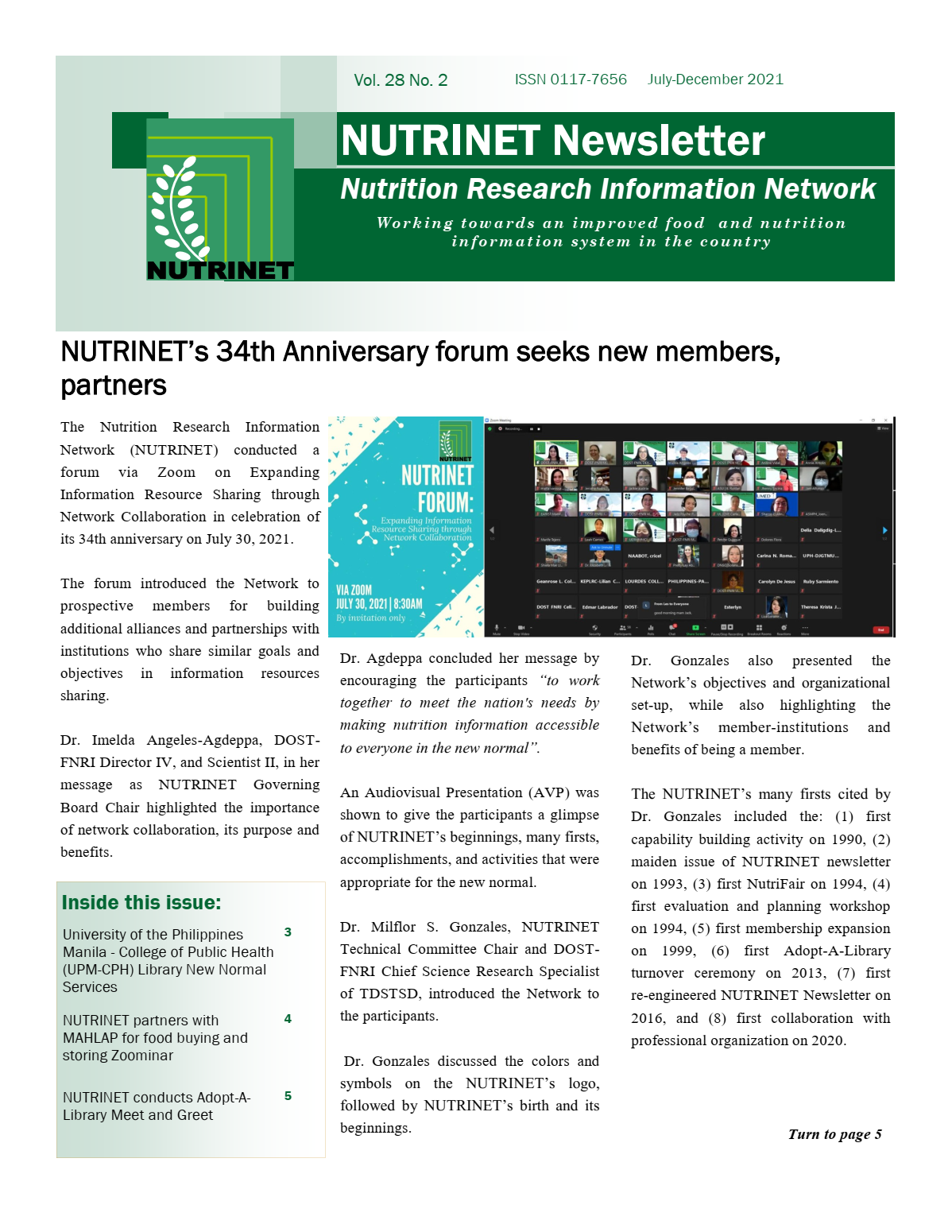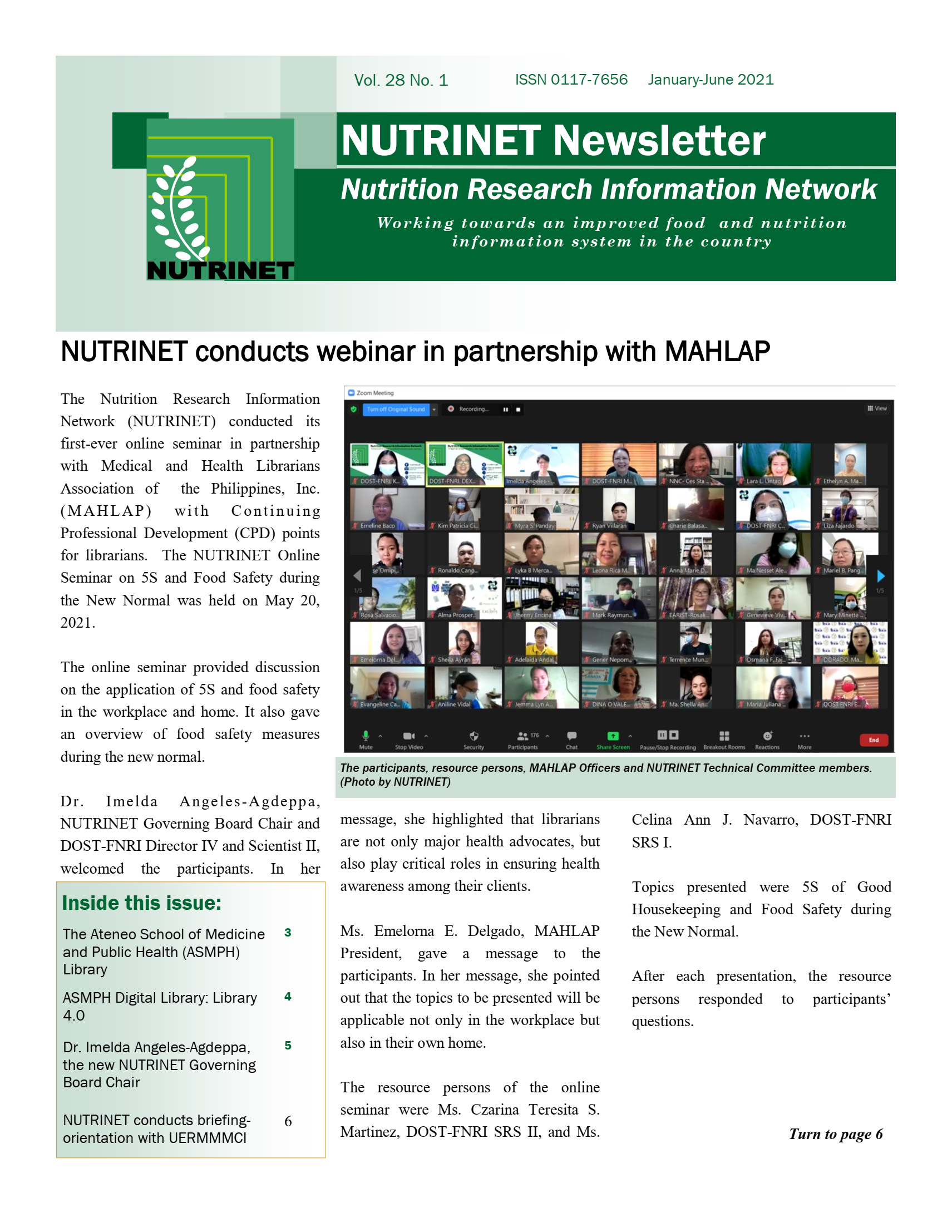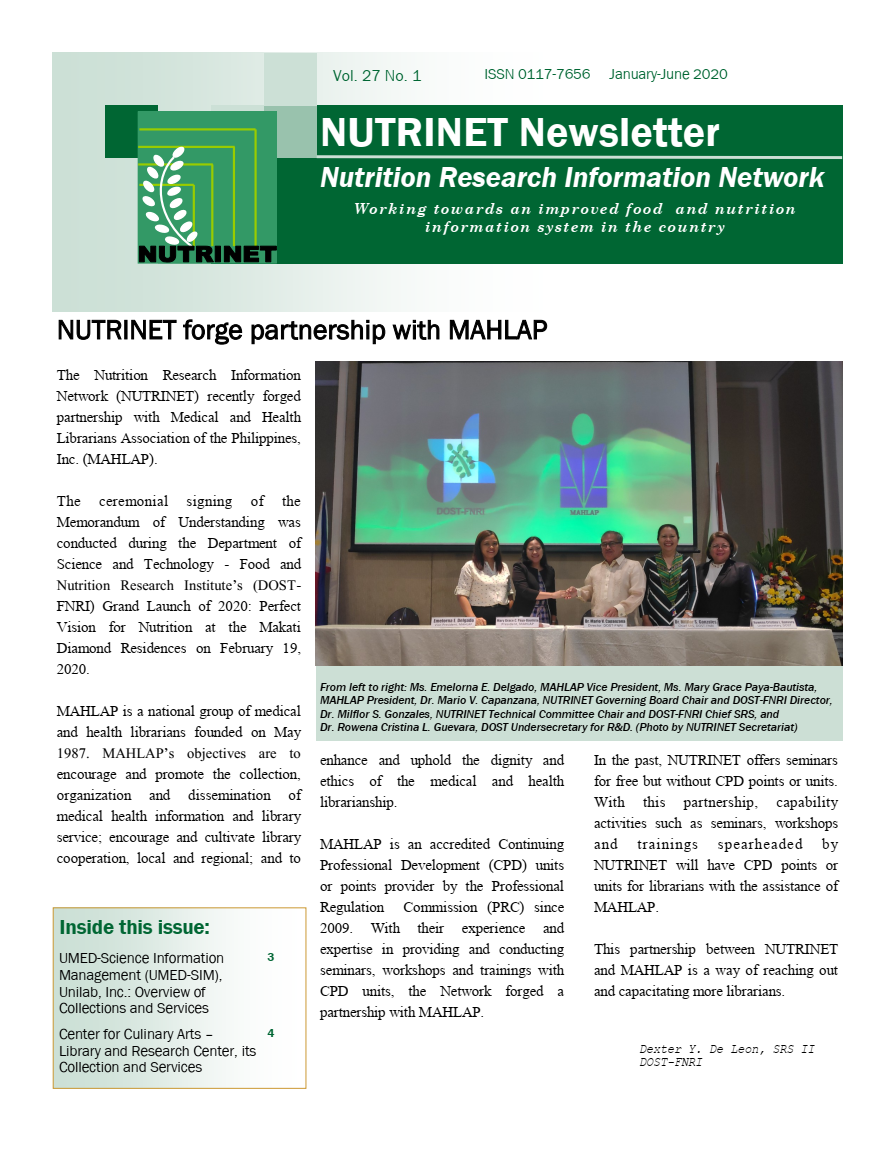
The Nutrition Research Information Network (NUTRINET) recently conducted a 2-day Gender Sensitivity Training for Librarians and Information Officers. The training was sponsored by the Department of Science and Technology-Food and Nutrition Research Institute (DOST-FNRI). It was held on March 22-23, 2018 at the FNRI Training Room, FNRI Building, DOST Compound, Bicutan, Taguig City.
The training aimed to (1) raise the level of consciousness regarding gender concepts, issues and reactions, (2) examine own assumptions regarding gender roles, identities, expressions and orientation, (3) comply with national and international commitments regarding gender and development, and (4) draw possible implications of gender and gender issues on office policy and practice.
Dr. Milflor S. Gonzales, Chair of NUTRINET Technical Committee and Supervising Science Research Specialist of the DOST-FNRI, welcomed the participants on behalf of Dr. Mario V. Capanzana, Chair, NUTRINET Governing Board and Director, DOST-FNRI. In her message, she said that the first seminar for 2018, the Gender Sensitivity Training, was not intentionally conducted in time for Women’s Month. She emphasized that Gender Sensitivity is very important for the NUTRINET Technical Committee (TecCom) members who are doing frontline service work. The resource person of the training was Prof. Arche Ligo, Board Member and Gender Consultant of St. Scholastica’s Institute of Women’s Studies.
Topics presented in the training included: (1) Why Gender, (2) Gender 201- Of Sex, Sexualities and Genders, (3) Gender Construction, (4) Construction of Masculinities and Femininities, (5) Sexual Orientation and Gender Identity and Expression, (6) Gender Issues and Gender-based Violence, and (7) Gender Fair Response.
Every topic discussed was followed by an exercise or workshop. After the speaker started to talk about some notable persons especially those who gave their testimony, some of the participants asked questions and expressed concerns during the open forum, while others shared their experiences and thoughts. The exchange of issues and ideas gave additional insights for the resource person and the participants alike.
In her closing remarks, Dr. Gonzales thanked the resource person and the participants. She hoped that after the training, all the participants gained knowledge and clarity regarding gender sensitivity.







